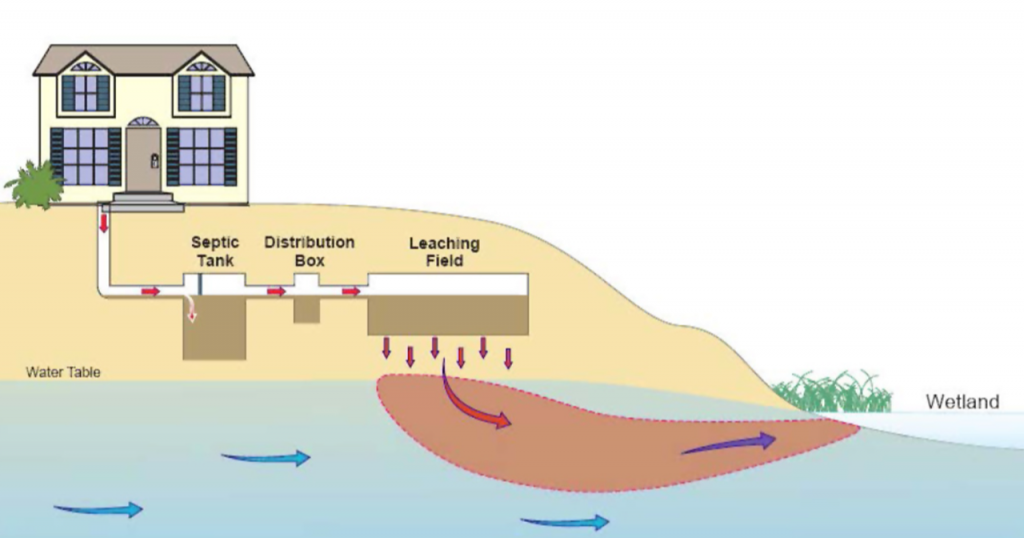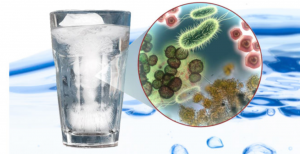
The GLA has engaged Freshwater Solutions, LLC and the University of Alberta Canada to conduct a pioneering study on septic influences on our surface waters (lake) and drinking water (private drinking wells).
Ordinarily, the county health department and/or the National Park Service is involved in monitoring public beaches on Glen Lake for E.coli and will close down beaches if E.coli exceeds safe levels for swimming. As in the same way with drinking water, the county health department is primarily responsible for testing home drinking wells, with the tests including E.coli, nitrates and other parameters.

So why is GLA getting into research that health departments normally cover?
The reason is centered around the advent of new technology that the health departments are not yet equipped to handle. The new technology involves quantitative polymerase chain reaction, or qPCR. With this new technology, we can detect and quantify the DNA of enteric bacteria that comes exclusively from septic systems.
Our goal this summer is to choose 15 willing riparians on the shores of Big and Little Glen and test for enteric bacteria in the drinking water and the surface waters along the beach. There will be three sampling dates for each site. Samples will be taken during June, July, and August. If you are interested in gaining some peace of mind and are willing to be a part of this study, please contact Rob Karner, GLA’s watershed biologist, at his email: rkarner@leelanau.org.
We will also combine water samples with septic drain field analysis and evaluation using drone technology and infrared cameras. We hope to be able to determine if drain field failure is detectable using thermal imagery.
If you are interested in being a part of this study, please contact us soon. There are limited spaces available for this unique, in-depth opportunity. Those who are selected to participate will be asked to contribute $250 each, to offset the total project cost of $8,900. For the cost of a regular septic inspection ($250) you could learn much more about your system and support the Glen Lake Association in conducting important research.
Note: Results of the study will be shared with the membership in a statistical manner that protects the privacy of individual participants. Individual results from each of the sampling sites will only be shared with each respective property owner in a confidential manner.
We look forward to your individual interest in this important study. Remember, failed septic systems are one of the leading causes of water quality degradation.
Watch this video for more information on septic and well water protections: Road Map of Enteric Studies video.
Recent Comments